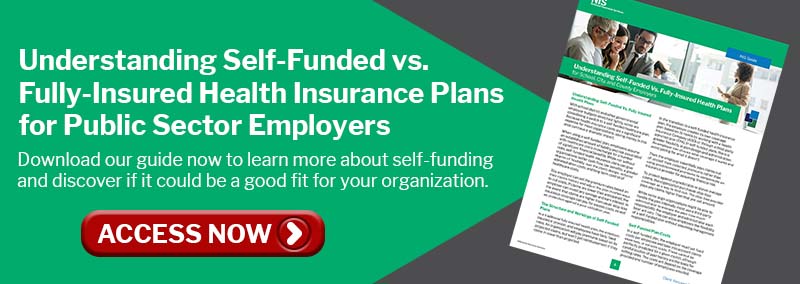Healthcare costs are on the rise, leading to higher premiums, deductibles, and copayments for employees. Industry surveys project a 7% to 8% increase in healthcare costs by 2025. Although employees cannot control these rising costs, they can take steps to reduce or manage their healthcare spending.
- Enhance your health plan knowledge. It is important to know what a health plan covers and does not cover. Understanding the coverage, including terms like deductible, coinsurance, and copays, is essential for managing expenses effectively.
- Stay in network. Health plan partners with select providers to reduce costs. Discounts are unavailable out-of-network, so it is important to check the plan for in-network options.
- Focus on prevention. Combining preventive care services with a healthy lifestyle can lead to significant savings, as most health plans cover these services at no cost.
- Ask questions. It is advisable to ask doctors about cost-effective alternatives for procedures or services.
- Go generic. Generic drugs are cost-effective and equally effective as brand-name options. Consulting a doctor or pharmacist for alternatives is recommended.
- Shop around. Utilizing tools and apps to compare prices for medications, procedures, and services is beneficial, as costs can vary significantly between providers.
- Leverage flexible spending accounts (FSAs) and health savings accounts (HSAs). Contributing to an FSA or HSA can save money on medical expenses using pre-tax dollars.
- Review your medical bills. Checking medical bills for errors and contacting the provider or insurance company to correct any discrepancies.
- Use the emergency room appropriately. Opting for urgent care over the emergency room for non-life-threatening issues is usually more cost-effective.
- Participate in workplace employee wellness programs. Utilizing employer wellness programs can provide incentives like health insurance premium discounts.
Summary
While rising healthcare costs cannot be controlled, they can be managed by becoming an informed consumer. Being proactive, asking questions, and maintaining a healthy lifestyle are key strategies. Download the bulletin for more details.

